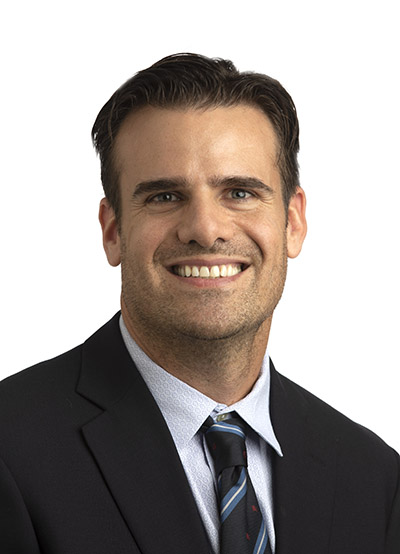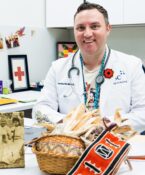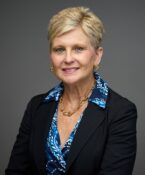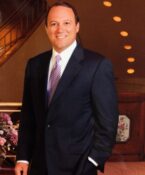Alumni Profile: Rob Dickerman, DO, PhD
A famous general once said, "Accept the challenges, so that you may feel the exhilaration of victory."
Rob Dickerman, DO (’98), PhD (’98), has done both – and now he knows how it feels to be one of the best neurosurgeons in America. He runs his own practice and serves as Director of Neurosurgery at Presbyterian Hospital of Plano.
Newsweek and American Way magazines both have named him among the top neurosurgeons in the country based on feedback from his peers. To achieve these victories, he’s had his share of challenges.
Challenge #1: Academics
Dickerman started a PhD program in Biochemistry/Molecular Biology at the Graduate School of Biomedical Sciences (GSBS) in 1992 while working nights as a medicinal and laboratory chemist for Alcon Laboratories. If that’s not hard enough, he decided to continue his PhD studies when he was accepted to the Texas College of Osteopathic Medicine.
He was named to Who’s Who in American Universities as a GSBS student and to the Sigma Sigma Phi Honor Society and as a Chancellor’s Award recipient as a TCOM student. He is one of few neurosurgeons with dual fellowships in brain and spinal surgery.
Challenge #2: Residency
After graduating, Dickerman knew he wanted to be a neurosurgeon and landed a prestigious neurosurgery fellowship at the National Institutes of Health. Then he needed a neurosurgery residency – and there are fewer than 100 in the United States. Of the 11 he applied to, he got his 11th choice – North Shore University-Long Island Jewish Medical Center, an 800-bed facility.
"When I got there, I was thrown into the fire – suddenly there was somebody’s brain in front of me," Dickerman remembers. "I wanted to quit every day because it was so hard and I was so tired. But I saw everything [related to neurosurgery]," adding he still hasn’t seen some of the conditions he treated there during the more than eight years he’s been in private practice.
As usual, he took on the challenge, becoming chief resident. Now he says, "Thank God I went there. If I had gotten some plush residency, I wouldn’t have been as well prepared when I got out. God had a plan."
 Challenge #3: The field of neurosurgery
Challenge #3: The field of neurosurgery
Neurosurgery can be a brutal medical specialty. These specialists are on call for trauma cases and often find themselves addressing serious brain or spinal cord injuries after only minutes of preparation.
"There are a lot of risks," Dickerman acknowledges, "but you can help a lot of people."
Dickerman thrives on the challenge, and says his TCOM training helped set him up for success.
"There is nothing you can’t do if you are from that school [TCOM]," Dickerman said. "I’m proof of that. Students there have a huge opportunity to go anywhere they want to go and help whomever they want to help – it’s up to them. The fact that I got in is a blessing."
Dickerman keeps the whole patient in mind. Many people travel hundreds of miles to see him. He’s a specialist in sophisticated surgeries, including pioneering minimally invasive techniques, yet is cautious about performing them.
"Nine out of 10 patients don’t need me," he said. "They just need to fix their diet and exercise. When they tell me they don’t have time, I tell them to make time. They feel better and give me the credit. But they really did what it took to get better."
Dickerman’s dedication and determination to conquer challenges means that it’s his patients who ultimately win.





Social media